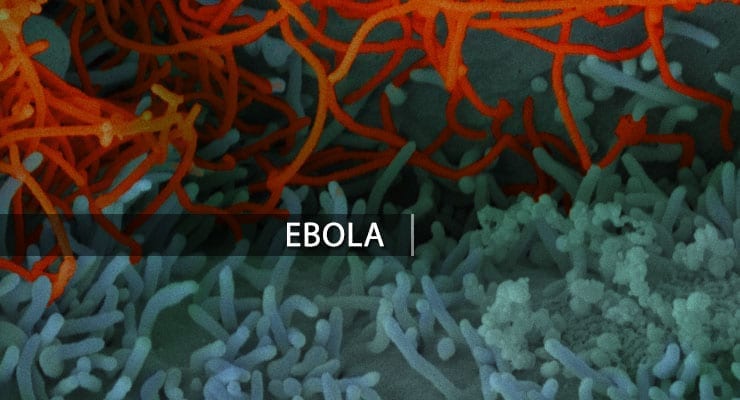Starting Thursday, March 4, 2021, airlines and other aircraft operators will be required to collect and transmit contact information to Centers for Disease Control and Prevention (CDC) for appropriate public health follow-up and intervention for all passengers boarding a flight to the United States who were in the Democratic Republic of the Congo (DRC) or the Republic of Guinea within the 21 days before their arrival in the United States.
There are currently outbreaks of Ebola Virus Disease (Ebola) in DRC and Guinea. The ability to identify and locate people in the U.S. who may have been exposed to a communicable disease, such as Ebola, abroad is critical to help prevent the spread of disease within U.S. communities. Having access to travelers’ contact information will allow U.S. federal, state, and local health departments and agencies to provide health information, monitor travelers for signs and symptoms of Ebola, and ensure travelers who develop symptoms are quickly isolated and receive appropriate medical evaluation and care.
This order follows the February 2020 interim final rule that authorized CDC to require airlines and other aircraft operators to collect certain data from passengers before they board a flight to the United States, and to provide the information to CDC within 24 hours of a CDC order.
“Timely public health follow-up requires health officials to have immediate access to accurate and complete contact information for travelers as they arrive in the United States,” said CDC Director Dr. Rochelle Walensky. “Inaccurate or incomplete contact information reduces the ability of public health authorities to swiftly protect the health of travelers and the public. Any delay in contacting exposed individuals can increase the likelihood of disease spread.”
Air travel has the potential to transport people, some of whom may have been exposed to a communicable disease, anywhere across the globe in less than 24 hours. In certain situations, public health officials may need to follow up with travelers who have arrived from a country where an outbreak is occurring, such as the Ebola outbreaks in DRC and Guinea.
CDC has identified the minimum amount of information needed to locate travelers reliably after they arrive in the United States: full name, address while in the U.S., primary contact phone number, secondary or emergency contact phone number, and email address. Airlines and other aircraft operators will collect this information and submit it electronically, to enable CDC to receive these data in a timely manner.
The U.S. government will also begin to redirect air passengers from DRC and Guinea to six U.S. airports where over 96% of air passengers from these countries already arrive. The six airports include New York (JFK), Chicago (ORD), Atlanta (ATL), Washington D.C. (IAD), Newark (EWR), and Los Angeles (LAX). Passengers can expect their contact information to be verified by U.S. government officials on arrival to ensure it is accurate and complete. CDC will share contact information securely with state and local health departments for passengers’ final destinations in the United States.



